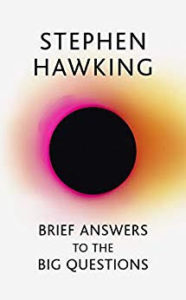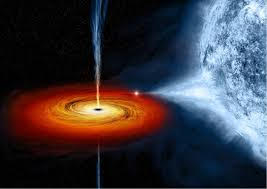Brief Answers To The Big Questions
Author: Stephen Hawking
Genre: Science
Like the rest of the world, I remain a big fan of Hawking. What made Stephen Hawking so popular? First, as Nobel Laureate Kip Thorne says in the foreword to this book, Hawking had the “necessary skills, wisdom and self-confidence” to ask some really big questions. And “Hawking’s questions themselves keep on… generating breakthroughs decades later.” At a more personal level, his daughter, Lucy Hawking, says of his contribution: “Both in… exploring the structure and origins of the universe itself and (on the other hand) in his completely human bravery and humour in the face of his challenges. He found a way to reach beyond the limits of knowledge while surpassing the limits of endurance at the same time. I believe it was this combination which made him so iconic yet so reachable, so accessible.”
So, it is only natural that when such a man writes his last work, compiled in the last year of his life, we should all devour it with the same curiosity that made him great. In this book, Stephen gives his take on 10 really big questions in life.
First, Is there a God? After admitting that “religion was an early attempt to answer the questions we all ask: why are we here, where did we come from?”, he confirms that “the universe is a machine governed by principles or laws” and even “God would have no freedom at all” to break them. To create universe, you need energy and space, and when you look at the “vast size of the universe, and how insignificant and accidental human life is in it, (the concept of a human like God) seems most implausible”. He sums up saying “that the simplest explanation is that there is no God.”







 This information will never be shared with third party
This information will never be shared with third party
Post A Comment
Want to join the discussion?Feel free to contribute!